Scientists across the globe are working hard to develop a COVID-19 vaccine as worldwide deaths from the coronavirus illness push toward 300,000.
But there’s no guarantee these vaccine efforts will succeed — and millions of Americans seem to be fine with that.
The results from a new set of surveys by Morning Consult found that 14 percent of American adults would not get a COVID-19 vaccine if one were available and 22 percent aren’t sure if they would. In a separate recent survey, currently undergoing peer review, political scientists Kristin Lunz Trujillo and Matt Motta found that 23% of U.S. respondents said they would not get vaccinated against COVID-19.
Anti-vaccine activists have participated in many of the protests across the U.S. against governors’ stay-at-home orders, which are meant to slow the coronavirus pandemic. Anti-vaccine leaders tend to argue that fear of COVID-19 is being manufactured by corrupt governments and corporations. Various false claims are being spread, such as “the idea that a vaccine has existed for years and has been kept from public consumption,” write Trujillo and Motta.
Morning Consult’s latest data shows that 64% of American adults overall say they would get a COVID-19 vaccine. That rises to 80% among those 65 and older.
The age group most likely to take a pass on a vaccine: those between 35 and 44. In the Morning Consult polls, only 53% of Americans in this age group said they’d get vaccinated, and 18% said they wouldn’t. Twenty-eight percent said they don’t know if they would.
Trujillo and Motta’s data, meanwhile, indicates that 62% of Americans of all age groups “who are skeptical of vaccines said that they will forego COVID-19 vaccination.”
By a wide margin in the Morning Consult surveys, Republicans (20%) are more likely than Democrats (7%) to insist they would not get vaccinated against COVID-19. Sixteen percent of political independents said they wouldn’t get vaccinated.
With most U.S. residents being under emergency stay-at-home orders for more than a month, Americans of all political persuasions are becoming less worried about the coronavirus pandemic. Morning Consult found that the percentage of Americans who say the coronavirus is a “severe health risk in their community” has dropped 11 points from early April, now standing at 30% of U.S. adults.
Public-health officials says the earliest a COVID-19 vaccine could be available will be sometime in 2021. A vaccine typically takes many years to successfully develop.
— Douglas Perry
___
(c)2020 The Oregonian (Portland, Ore.)
Visit The Oregonian (Portland, Ore.) at www.oregonian.com
Distributed by Tribune Content Agency, LLC.
—-
This content is published through a licensing agreement with Acquire Media using its NewsEdge technology.



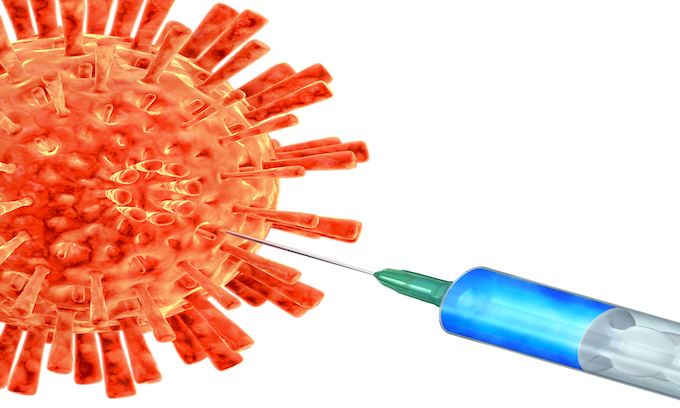
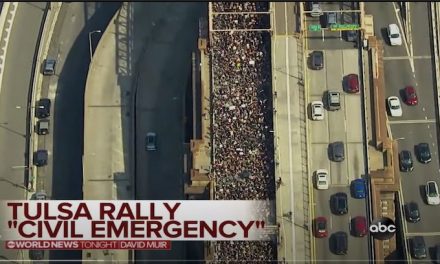

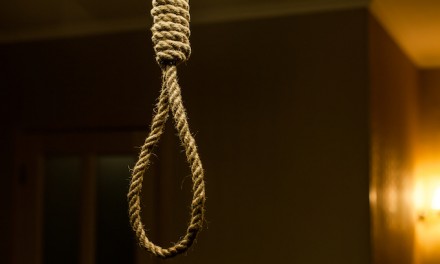
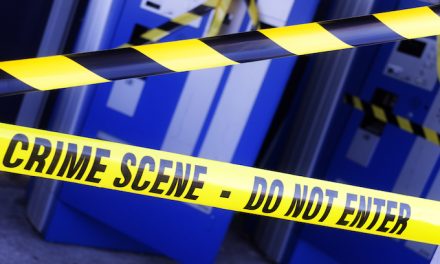










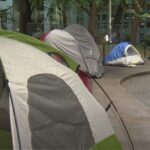
Recent Comments